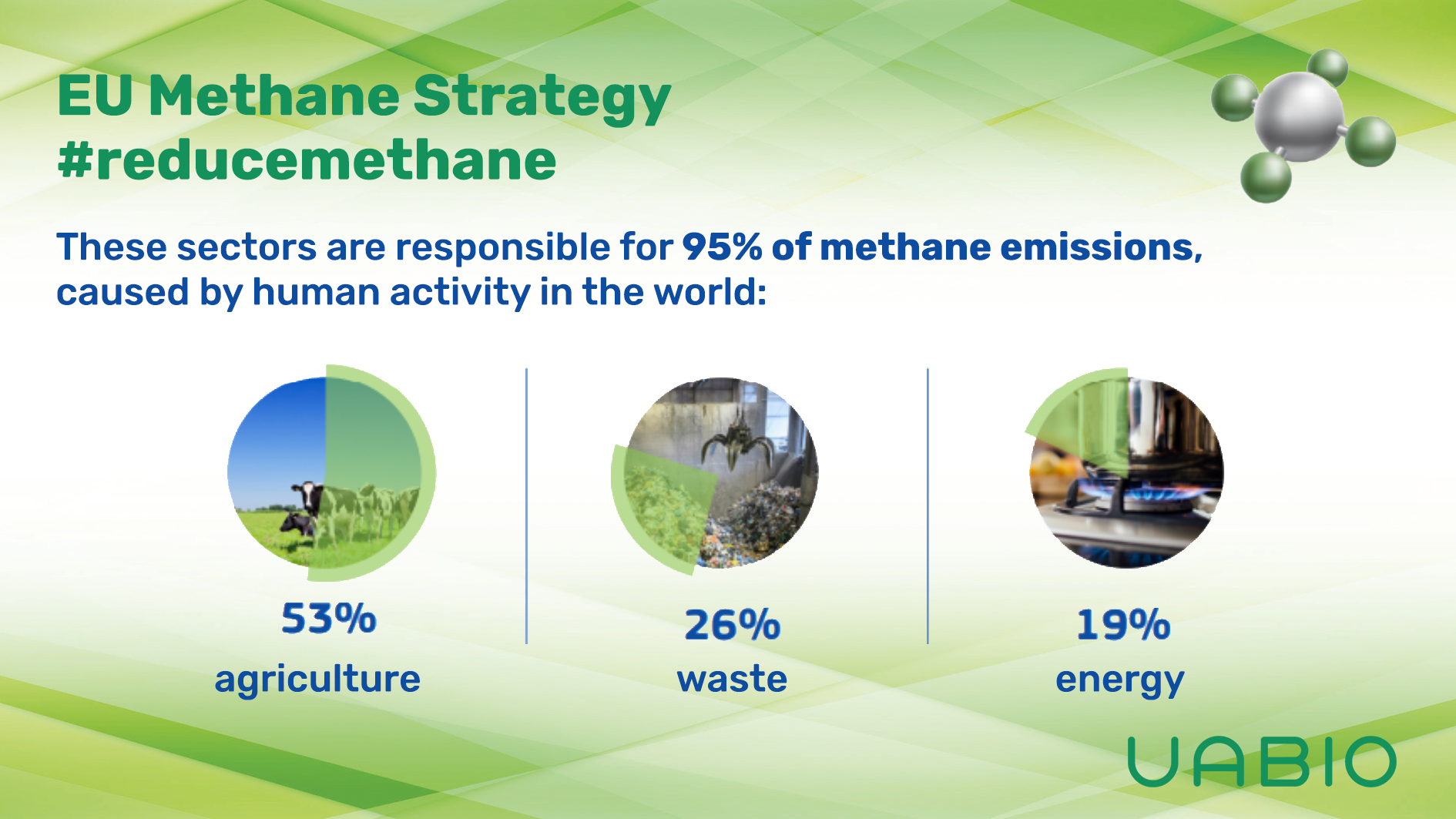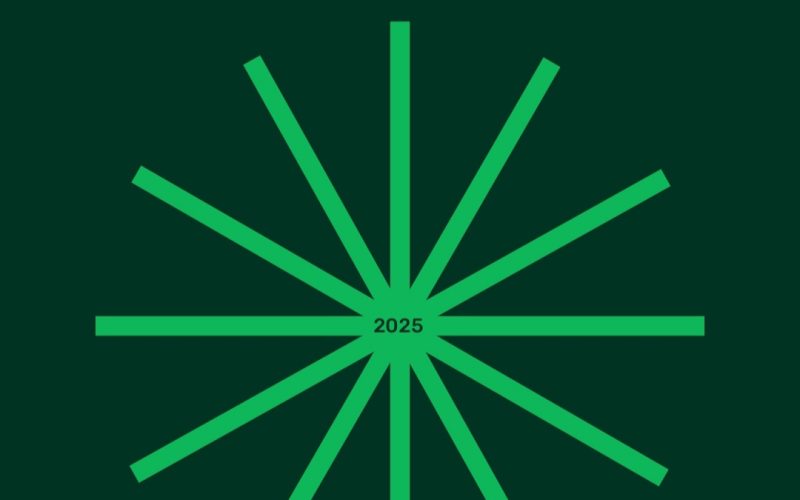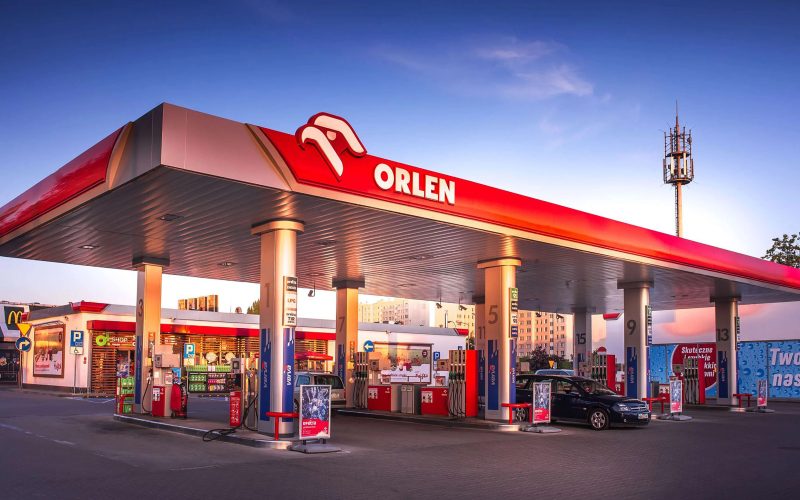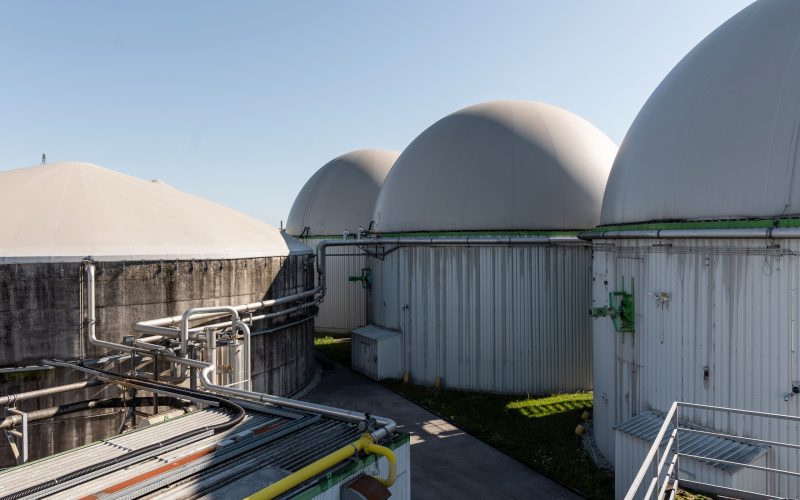The development of the biogas sector helps to fight methane emissions. Bioenergy offers a sustainable solution
Methane (CH4) is the second gas responsible for climate change after carbon dioxide (CO2). Agriculture, the waste management, and energy sectors are responsible for 95% of methane emissions. In Europe, this figure is even higher – 98%.
The EU Methane Strategy aimed to reduce methane emissions was adopted on 14 October 2020.

Key points of the document
- A global methane emissions reduction of 50% over the next 30 years could slow the growth of the average ground temperature by 0.18C by 2050.
- Reducing methane emissions is an essential element in achieving EU climate neutrality by 2050 and meeting the 2030 target.
Important actions
- Compulsory measurement, reporting, and verification (MRV) for all energy-related methane emissions.
- Detection and monitoring of methane emissions through the EU’s Copernicus programme, with a view to contributing to an EU-coordinated capability for detecting and monitoring global super-emitters.
- Establishment of an independent international methane emissions observatory anchored in the United Nations framework, in cooperation with international partners. The observatory would be tasked with collecting, reconciling, verifying, and publishing anthropogenic methane emissions data at a global level.
- Targeted support to accelerate the development of the market for biogas from sustainable sources such as manure or organic waste and residues via upcoming policy initiatives. The Commission will propose a pilot project to support rural areas and farming communities in building biogas projects and accessing funds for biogas production from agricultural waste.
- Reviewing of relevant EU climate and environmental legislation to more effectively address methane-related emissions notably the Industrial Emissions Directive and the European Pollutant Release and Transfer Register.
In addition, important steps are:
- Supporting of best practices and technologies, changes in breeding and feeding of animals in agriculture.
- Improving the detection and elimination of gas leaks in gas infrastructure, in particular during production, transportation and usage.
- In the future, the development of legislation on air emissions, combustion, and standards for the entire supply chain is being considered — support for the World Bank’s Zero Combustion initiative (natural gas in the oil production process).
Sources: EU Methane Strategy; Communication from the Commission to the European Parliament, the council, the European economic and social committee and the committee of the regions on an EU strategy to reduce methane emissions.


